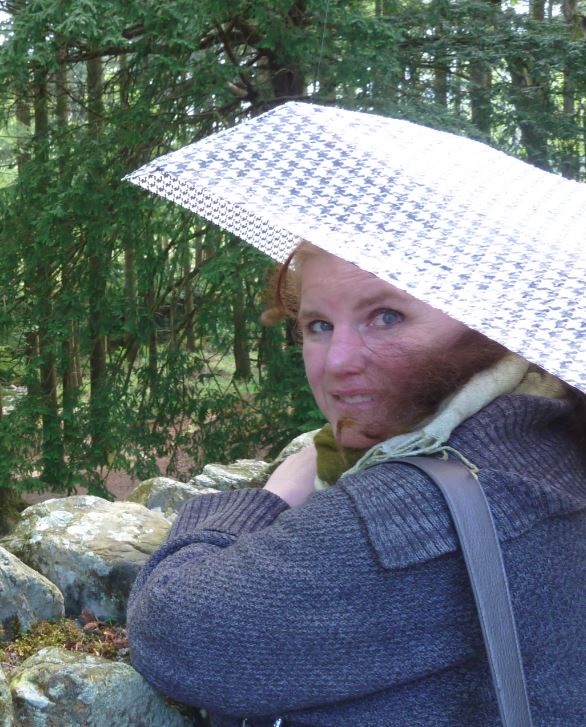The points were made with a stiletto knife. Power is violence, and that violence is applied to the poor, women, minorities, homosexuals, criminals, and the psychologically fragile. It was interesting that Consuelo mentally time-travels to a utopia whose many social customs break taboos created by other dystopic stories. Babies born in bottles and the sexuality of young children were horrific in Brave New World, and creches in Logan’s Run were amoral, but here freed women from reproductive slavery and removed shame from children’s exploration of their bodies. Men being forced to nurse their children in 334 were here allowed the pleasure and gentleness of breast feeding. The community values destroying individual lives in 1984 create a safe, loving environment here. Do I find the perfect world Piercy created to be viable or believable? No: I think our monkey-brains have prepackaged much of our social structure. But I find it interesting the implication that our current social conventions and taboos can serve the purpose of exerting control over people. Piercy’s utopia removes feminine and masculine pronouns and references; everyone is a person. And how can anyone not yearn just a little bit for an ecologically sensitive world where “Person must not do what person cannot do – person must do what person has to do?” It is lovely, especially when backed up against the ugly truths of our own world.
As harsh and brutal as this story gets, it was also a page turner. I could not help but admire how the author stacked her effects. Creating effect is more than foreshadowing; it’s laying all the dominos in the pattern so that when they are knocked down, a pattern is made. One great example: Consuelo reminisces often how her beloved Claud was in a medical experiment in prison that resulted in his death; this lets us fear it, and fear she also will be subjected to the cruel vagaries of “modern medicine.” She is in such great danger in the asylum, this is always on our minds even when she visits the safe world of the future. It makes the story an emotional juggernaut, unstoppable. Which is why I was furious when I got to the end. I know downer endings were popular in the 1970s, but this was too much for me. The way the book was set up, I had no choice but to care greatly for the character, and I desperately wanted her to get free in the end. It’s never promised that she will, but her failure is another effect, and takes unfair advantage of the reader. I don’t care if it makes the point of the book. I found it abusive to me.
Effect is powerful, so powerful in fact, that you must be careful not to unfairly manipulate or hurt your reader. Remember, they’re in the story, too.

 RSS Feed
RSS Feed